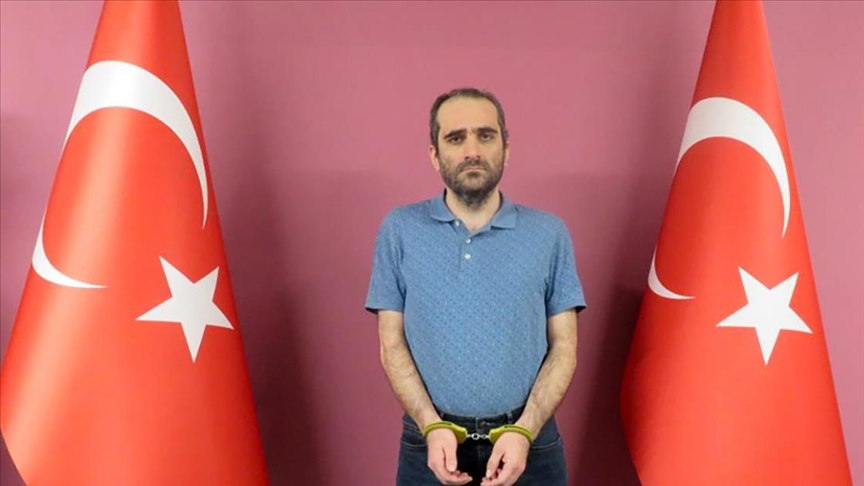The disappearance of a Turkish teacher in Kyrgyzstan has renewed claims that Turkey’s secret service has abducted scores of the country’s citizens abroad over the past five years, according to Agence France-Presse.
The kidnappings and forced renditions are mostly of suspected supporters of Fethullah Gülen, the Muslim preacher who Turkish President Recep Tayyip Erdoğan blames for a failed coup against him in 2016.
Turkey has boasted that its secret service masterminded some of the cloak and dagger operations, with the justice minister saying 107 “traitors” had been captured abroad by 2019.
Before Gülen became Erdoğan’s arch-enemy, the elderly US-based cleric — who denies any part in the coup — was one of his closest and most powerful allies.
Gülen’s worldwide network of schools was once an important part of Turkish soft power abroad.
Here are some of the most notorious cases:
Orhan İnandı, a Turkish-born Kyrgyz citizen who used to head a network of Gülen-linked schools in Kyrgyzstan, went missing on May 31. His car was found near his home with the door open, tires flat and with the teacher’s phone and jacket still inside.
While some 1,000 Kyrgyz security forces search for him, his wife claimed he was being held inside the Turkish Embassy in Bishkek.
As hundreds protested the disappearance in the Central Asian capital, Kyrgyz President Sadyr Japarov on Wednesday visited Erdoğan, who said the two leaders agree the Gülen movement “poses a national security threat to both countries.”
Last month Gülen’s nephew Selahaddin Gülen disappeared from a police station in the Kenyan capital despite a court order banning his extradition.
He later appeared handcuffed, triumphantly photographed between two Turkish flags in Ankara.
The abduction echoed the most celebrated operation ever by Turkey’s National Intelligence Organization (MİT), when its agents seized outlawed Kurdistan Workers’ Party (PKK) leader Abdullah Öcalan in Nairobi in 1999.
The founder of the PKK, which has fought a war against Ankara since the 1980s, has been held on an island prison off İstanbul since.
The former head of the Kosovo Intelligence Agency, a border police chief and a top interior ministry official were charged in February with abusing their positions in handing over six Turks working in Gülen-linked schools to Turkey in March 2018.
The men’s families said they were tortured on a private jet by Turkish agents on their way to Turkey.
The same month, Turkish state media reported that two Gülenists had been captured and returned from Uzbekistan.
Europe’s top rights court condemned Moldova in June 2019 over the “extra-legal transfer” the previous September of five Turkish nationals with alleged ties to Gulen.
They were put on a special plane back to Turkey in a joint operation between Turkish and Moldovan intelligence agencies.
A report earlier this year by Freedom House said Erdoğan had pursued his “perceived enemies in at least 31 different countries.”
Erdoğan hailed the MİT agents who flew three suspected members of the Gülen movement from the west African country of Gabon after a secret mission in April 2018.
Mongolia grounded a Turkish air force jet in July 2018 after Ankara denied claims it had tried to smuggle a Gülen-linked teacher from the country.
Veysel Akçay was seized by five men as he left his home in the capital of Ulaanbaatar and thrown into a minibus. He was later freed and the jet was allowed to leave after a stand-off between the Mongolian and Turkish governments.
Turkey said its spies in Sudan repatriated businessman Memduh Çıkmaz in November 2017. Ankara claimed he was Gülen’s “money man.”

